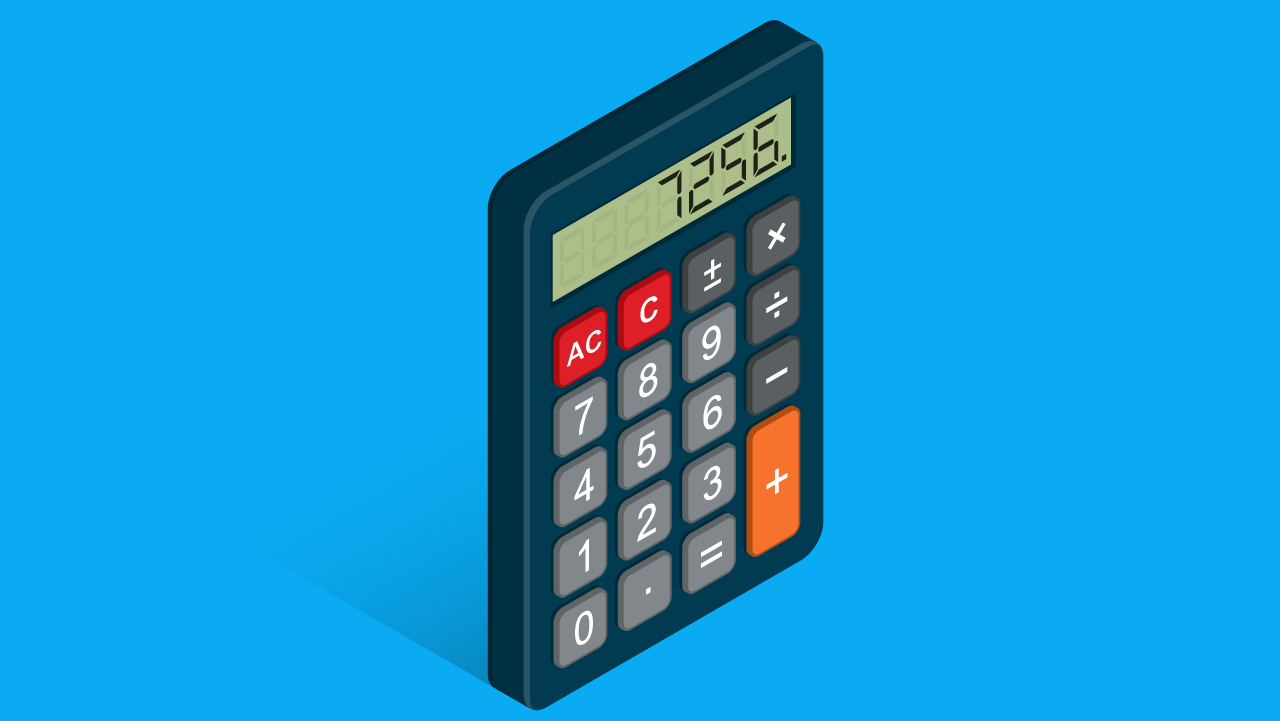
Preparing for retirement
Steps to successfully prepare for retirement
If you’re aiming to retire soon, you need to start planning how you’ll make it happen. First you need to understand your retirement options and the logistics, including what you can do with your pensions. Once you’ve got the knowledge, you can be confident in your plans and retire on your own terms.
1. Work out how much you need to retire
It's important to understand what your spending might be like in retirement. To help, the Pensions and Lifetime Savings Association (PLSA) launched three retirement living standards, designed to help people picture what lifestyle they want in the future:
- Minimum: £12,800 a year which will cover all your needs with a bit of money left over for fun
- Moderate: £23,300 a year, which would leave you more financially secure and give you some flexibility
- Comfortable: £37,300 a year which would mean you have more financial freedom and can afford some luxuries
Your retirement income is likely to be funded using multiple sources including cash savings, investments, and pensions.
Source: PLSA, January 2023. These figures could fund this lifestyle for a single person living outside London. The figures provide a rule of thumb and everyone’s financial circumstances are different. You may need to add other costs depending on your circumstances such as mortgage, rent, social care costs and income tax.

Discover more about the retirement living standards and how much you should be saving.

Pension calculator
See if you’re on track to get the pension income you want or need in retirement.
2. Find out if your savings are on track
Check your recent statements to find out how much you’ve saved in your personal or workplace pensions and take stock of any other cash or investments you have. You should be able to access your most recent statements online, or by contacting your bank and pension or investment providers.
Then, it’s a good idea to find out how much State Pension you're entitled to. For most people this will form a vital part of their retirement income. The amount of State Pension you’ll get will depend on your circumstances. The minimum State Pension age is rising, and some people might need to wait until their late sixties before they can claim it.

Pension calculator
See if you’re on track to get the pension income you want or need in retirement, as well as tips on how you could boost your pension wealth.
3. Think about when you might want or need to finish work
There isn’t a ‘standard retirement age’ anymore, so the line between retirement and working life isn't clear cut. Your financial situation and health are likely to influence when you finish working. You might decide to retire early, or to carry on working well into later life. In fact, many people choose the best of both worlds and semi-retire first.
4. Get to know your pension income options
Typically, you can access your personal pension from age 55 (rising to 57 in 2028). You don’t usually have to take your pension in one go, or by a set date. You might decide to access a bit at a time, to help support you through semi-retirement.
You can keep your pension invested and make withdrawals as and when you choose or exchange it for a guaranteed income.
Whichever option you choose, normally you can receive up to 25% of your pension tax-free, with the rest will be taxed as income.
Pension and tax rules can change, and benefits depend on your circumstances. What you do with your pension is an important decision. We strongly recommend you understand all your options and check that the options you choose are right for you. If you’re not sure, financial advice can help you feel more confident about your decisions and help you see a clearer future for your retirement.

Guide to taking money from a pension
Discover the three main ways to take money from a pension, including the benefits and risks.
5. Reunite with lost pensions and investments
You may not have realised it, but if you’ve ever moved house, or changed your name, you could have lost investments or pensions waiting to be found. The same can happen if you’ve left your accounts inactive for a long time.
Try looking through old paperwork or contacting past employers. You can also use the My Lost Account Service to help you reunite with your investments, or the National Pension Tracing Service for free.
Once you've tracked down your old accounts, you could consider consolidating them under one roof to make life easier in future. First check your provider’s fees (including any exit fees) and that you won’t lose any valuable benefits or guarantees before you apply to transfer.

Get advice on your retirement plans
Retirement is a time when you may feel unsure about what to do with your money and need help to make decisions.
Our financial advisers can work with you to plan your retirement income strategy. They can also make sure your investments match your goals and give you advice on when and how to take your pension.

Investing in the Web's Global Broker Awards 2024

Boring Money Awards 2024

The Personal Finance Awards 2023/24
Help and support
Take a look at our most frequently asked questions for quick answers.
If you need more assistance or have specific questions, please contact us.